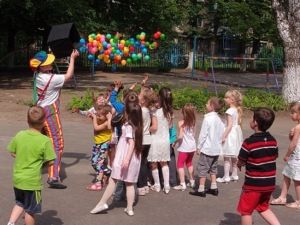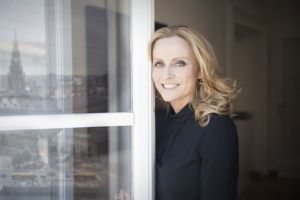Opinion
The Road Less Taken: Why the Danish childhood deserves UNESCO heritage recognition
Jessica Alexander
This article is more than 2 years old.
OPINION: The way the Danes bring up their offspring is a national treasure, worthy of inclusion alongside HC Andersen novels and hygge itself

Let young children be children and play, studies suggest (photo: pixabay/Eirena)
Having lived in Europe for over half my life, I’ve seen many different UNESCO (United Nations Educational, Scientific and Cultural Organization) sites. From the Colosseum to the Loire Valley to the Acropolis, a world heritage site is a protected area with historical, scientific, natural or cultural features considered of outstanding value to humanity.
Worthy of heritage
The other day, I was watching a sea of little smiling faces bobbing out of cargo bikes zooming all over Copenhagen, whilst listening to the joyful sounds of free play in the park and the overall sensation of calm around children, and I couldn’t help but wonder if childhood could go on the list of protected heritage sites in Denmark.
Many Danes don’t realise how extraordinary it is to be a parent in Denmark compared to other places. The entire culture seems to esteem childhood, from employers and parents, to teachers and the government. It’s woven so tightly into the cultural fabric that most Danes would have to squint to see how uniquely special the design truly is.
“I have been pleasantly shocked at how society helps parents here,” says Emilie Hjortsø, a Dane who lived abroad much of her life and just moved back with her two children last year.
“I always knew about it growing up, but now, as a mom, I am experiencing it. They really care about kids. It’s wonderful.”
Strong societal support
Taking time off to have children is not only normal, it’s expected. To make a contrast, I’ve interviewed numerous parents in other countries who struggled enormously following the birth of their first baby due to the limited amount of parental leave they were given.
Many said they deeply regretted how they treated co-workers before becoming parents themselves. “I had no idea how hard it was,” is a sentence one often hears.
But how can anyone really know what childrearing entails, if society doesn’t teach its members to respect it and give the necessary support to get by and, dare we say it, enjoy it?
Worth preserving
From its belief in the power of hygge and teaching empathy, to advocating learning through free play and a democratic approach to discipline, Danish parenting has slowly become more widely known across the globe.
Seeing how Denmark has consistently landed in the top three happiest countries in the world for over 40 years in a row, clearly they’re working with some good ingredients.
How we raise children is, by default, a big part of one’s cultural heritage because we naturally pass on what we learn. And so, it begs the question: are these ingredients worth preserving?
All about the ingredients
Sometimes it just takes a reminder from an outside perspective to see what is beautiful and sacred in our own land. This is how legacies are not lost, and future generations can continue to learn from them.
So next year, when UNESCO decides if there is something else worth protecting in Denmark that’s of value to humanity, I am voting for parenting and childhood.
With ingredients like these, the proof is in the pudding.

About
Jessica Alexander
Jessica is a bestselling US author, Danish parenting expert, columnist, speaker and cultural researcher. Her work has been featured in TIME, The Huffington Post, The Atlantic and The NY Times, among others. She graduated with a BS in psychology and speaks four languages. Follow Jessica on IG @jessicajoelle_ or jessicajoellealexander.com.










































